“If [necessary] grounds are provided, the foreign minister will depart for New York along with the president to attend the United Nations General Assembly,” Seyyed Abbas Mousavi said in a press conference on Monday.
The spokesman pointed to Zarif’s recent trips to several Middle Eastern, European and East Asian countries, saying the top diplomat's trip to New York would come in the same vein.
In late July, the US imposed sanctions on the Iranian foreign minister for being Iran’s “primary spokesperson around the world.” The US had already restricted Zarif’s movements in the US, reportedly over fears that he made Iran’s case — in fluent English — in interviews with various US media.
Mousavi also referred to Rouhani’s current trip to Turkey saying, the Iranian president will attend a trilateral meeting in Ankara with Vladimir Putin of Russia and Recep Tayyip Erdogan of Turkey later today in order to discuss a political resolution to the Syrian crisis.
The three leaders will discuss the latest developments in Syria, particularly the issue of Idlib province in the north of the Arab country, during the trilateral summit.
Elsewhere in his remark, the spokesman dismissed the claim of Iranian involvement in the recent Yemeni drone attacks on Saudi oil facilities, saying, “Iran has clearly announced its support to the Yemeni resistance groups, but such unfounded claims come in line with the US ‘maximum pressure’ against Iran which have so far come to no avail.”
"So, we categorically reject this claim," he stressed.
Mousavi also touched upon the French government’s proposal of a $15-billion credit line for Iran, saying, part of the Europeans’ commitments to the 2015 nuclear deal (JCPOA) was to implement financial channels to pave the way for Iran to continue its transactions.
“The 15-billion-dollar credit line is an initiative to such plan,” Mousavi said, however noting that “It is a shame that some countries are forced to or have a tendency to get permission from another country for fulfilling their pledges.”
Iran has so far taken three steps in reducing its JCPOA commitments. The Islamic the Republic waited for one year so that maybe the EU takes a tangible step to compensate for the US’s withdrawal from the JCPOA.
Gaining nothing from the pact, Iran decided to reduce its commitments every two months; however, this action is by no means against the principles of the JCPOA. The EU came up with a financial solution, called the INSTEX, but it turned out that without the US permission EU countries are not capable of doing no good to Iran.
The French government has pushed a 15-billion-dollar credit line plan in order to convince Iran not to take further steps of reducing its JCPOA commitments.
“We are waiting for the remaining parties to the JCPOA to meet our demands so Iran would return to its full commitment to the deal,” Mousavi said.
MNA/4719592

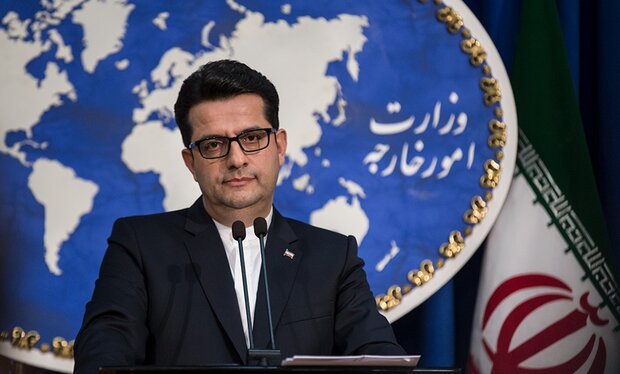
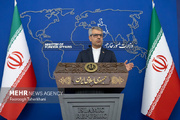
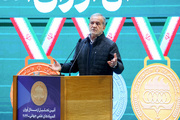
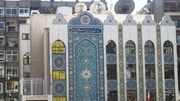

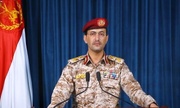







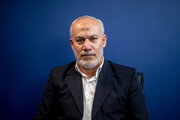

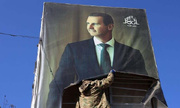
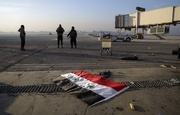

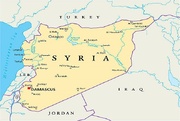
Your Comment